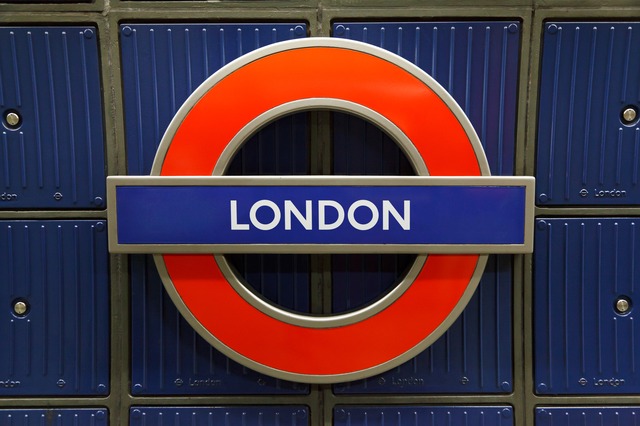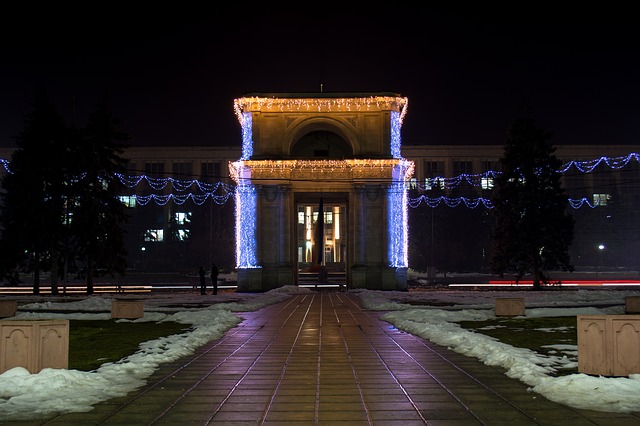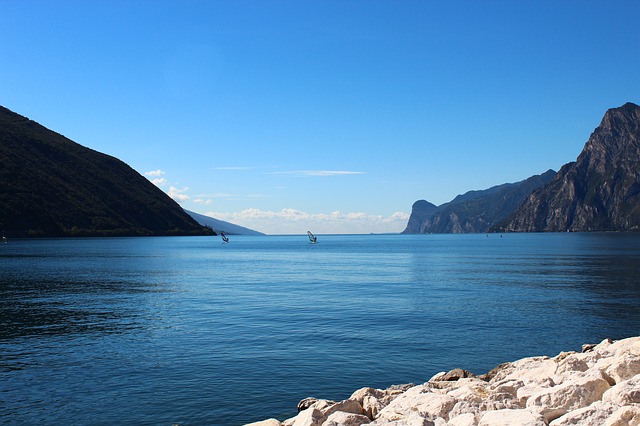
#NeverSeconds day on Twitter – 9 year old blogger and Twitteratti
It’s quite amazing to see so much happening around VEG’s blog in one day (my collection of links and tweets here)! Just yesterday the story of 9 year old blogger banned from taking photos of her school dinners (the major topic of her blog) appeared on WIRED website and we can already celebrate a happy turn of events – Martha is not only allowed to create her favourite content again, but her story has generated quite an impressive sum for the charity she is supporting with her writing.
Some of us have lived the story since few hours, others since yesterday, but we have all expressed our opinions on the topic on Twitter. I would just like to sum up few major points I consider crucial:
1. Network effect
The true power of social networks lies in complexity of relationships. Just because we talk about coffee or post photos of our snacks on Instagram does not mean that our relationships are mundane because when a crisis occurs we have the ability to reach out and flag up stories worth attention to the right people. If we care for the cause that is! To me personally Martha’s story resonated on two levels: freedom of speech and the quality of kids food at school.
Response does not come suddenly and it is also unfair to lead it back just to my tweets, but it does occur. And the more people share the news, the larger its reach. Story starts trending. Media picks it up. Someone finally starts the investigation. Others organise ways to resolve this problem, suggest options for parties involved. But most of all – more and more on-line profiles (regardless of the social media tool) are involved.
Without the network effect stories of “normal” people would not stand a chance in the traditional process of mass media sharing. Why? Because gradually the major media organisations start to realise the value of listening to their audiences, not only educating them on what facts are important at the moment. We are living interesting times when the power of news sharing shifts from mass media to the public. It is the public interest that pre-defined the value of a story.
2. Taking stand vs sharing a story
It was really, really interesting today to see various responses from people I happen to be in touch on-line or people I know better from off-line interactions. Some jumped on the hashtag and took active part in promoting the cause, expressing their personal stand on the matter. Others carefully shared the news avoiding any “drastic” opinions or even mentioning Martha’s problem with local authorities. Some of my friends called me and looked for solutions, others put the topic aside for the evening blogging.
I personally think that our networks and reputation provide us with a great opportunity to support the cause so if the topic is something we believe in we should express our opinion and do our best to help drive the change, not just watch it. There are many ways to do it – I decided to post on UK Fundraising and work on Twitter (most feasible solution during working hours) because that is where my most valuable and relevant readers are. Later I looked at signing petition and working our alternative solutions to continue Martha’s idea (chatting to @ClaireAtWaves and setting up Pinterest account for kinds to share their photos). So thank you to those of you who joined in today – I am privileged to know you!
3. The power of personal relationships
It was really good to experience once again the true value of on-line connections and valuable personal relationships I have with some of you. It was really good to see that you understand why this particular story was something I feel strongly about. It was almost natural to sit down and talk to some of you – we all knew THIS is important and needs to be addressed now.
4. Social media landscape and other media
I was amazed how slow Martha’s local council was and how fast the social and other media managed to point out the mistakes made by their officials and Martha’s school. By lunchtime, early afternoon, Martha was allowed to take photos of her school meals again and those of us who worked on alternative solutions suddenly realised – oh, so it’s ok now! In the meantime though the traditional media provided us with the second wave of storm around the story – major news outlets posted about the trending #neverseconds, BBC got in touch with Martha’s family, school, council. I went to the post office just to hear on the news the very same story. You see, social media does allow us to share and amplify stories almost immediately. So if those stories are relevant to few major areas of our life (kids, school meals, freedom of speech, local authorities etc) it’s expected that the story will spread and gain supporters quite fast. I am particularly happy to see how fast the media joined those discussions though – really well done!
5. Kids on-line
Eh…I really do not know if I need to repeat this again. Kids are on-line and should have the right to express their opinions, we just need to ensure that they have safe environment to do so and understand the consequences of their on-line activities. Blogging is really an old thing! I had conversations with 9 years olds about data ownership, parents not respecting the age limits of games and problems with reporting cyber-bullying. More importantly – kids are authentic and honest, so I think this is why we tend to admire the content they create. Not really wrapped in any cultural or professional slang, open and pretty creative on-line discussions should be taken just as seriously as the content created by adults. Why not? Why do we assume the right to look down at our own kids under the cheap excuse of protection? It really does not make sense to me, specially in cases where we all know that a child IS right and might initiate change on a larger scale.
6. Fundraising element
I notice quite often the notion of control in organisations dealing with individuals or groups fundraising on their behalf or around their products and services. And I am really shocked when I hear that those fundraising activities are often stopped! If you see a person raising money for your charity or through conversations around your service the last thing you should do is ban their activities or take down their accounts!
I am slowly starting to realise this myth of control but very often I get really angry to see this basic lack of common sense. Again to simplify: this kid is talented, creative and writes to raise money for a charity not to criticise local authorities or kick off a media storm around school meals. Is that really so difficult to grasp?
7. Silence of the authorities
…and the core of the problem! Again and again, we see individuals, brands and organisations functioning on the margin of social conversations. Sometimes they are present in social platforms to share information and to promote themselves but very rarely do they LISTEN and RESPOND. I know, you have heard it so many times:) So what happened today was an interesting wave of misunderstandings and moments of sudden realisations.
“We need to stop this”
“We will make a statement to justify our take and blame “bad” Martha for lack of objectivity” (here I would like to point out that for an old fashioned blogger this is purely an insult – blogs are supposed to express opinions!)
“Oh, media is talking about us, we have to fix it”
“We apologise but point out that we were only a little big wrong”
All this in one tweet while the UK Twittersphere is trembling? Not good at all. So to sum it all up I think we have experienced that feeling of fresh breeze of change, but there is still a lot of work to be done. Organisations need to embrace social networks. School meals – well, probably need reviewing, but that’s a complex issue too. Kids need to have space and support to develop and grow! We all need to learn to take a stand. I am glad few of us did.




